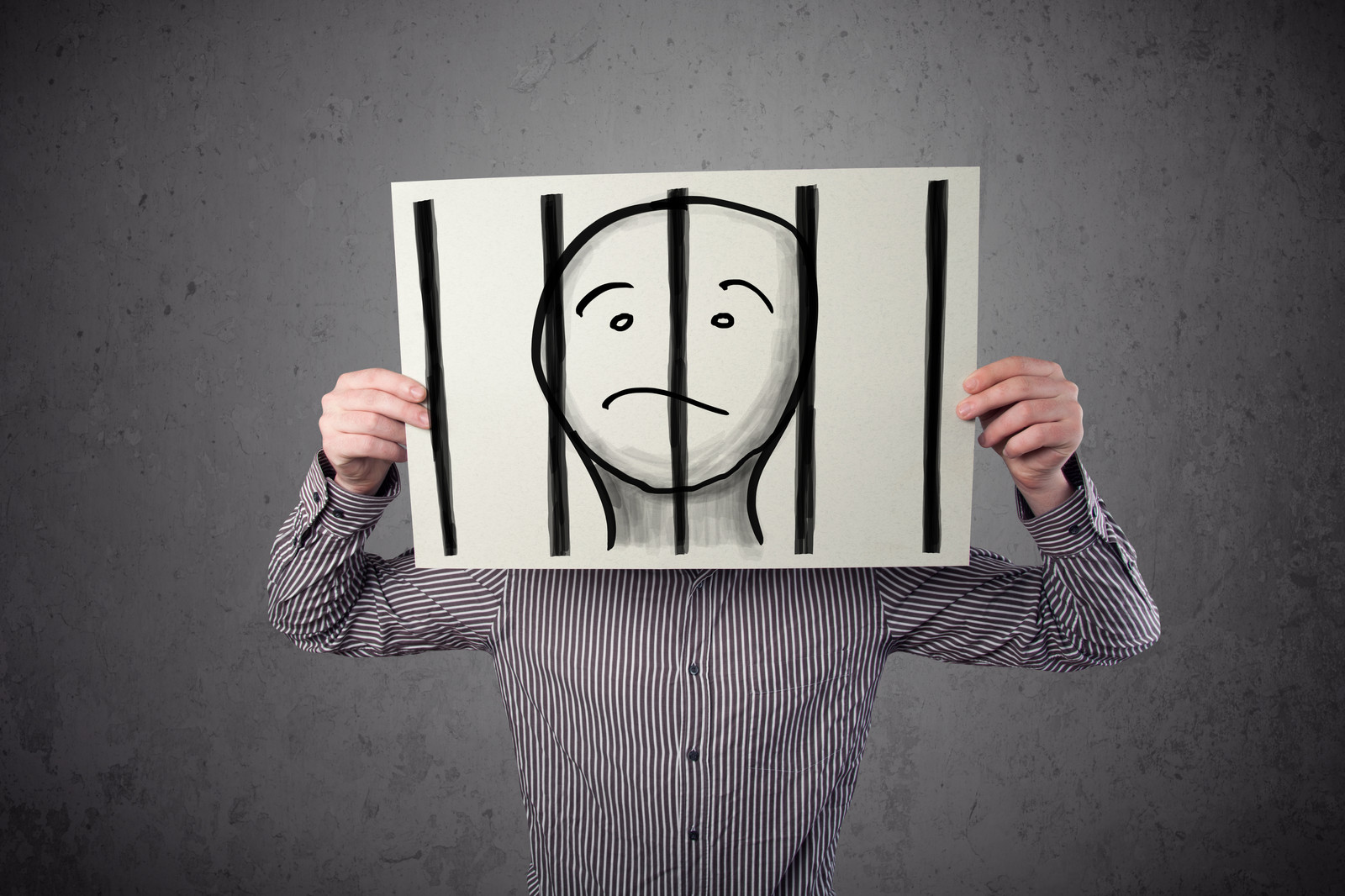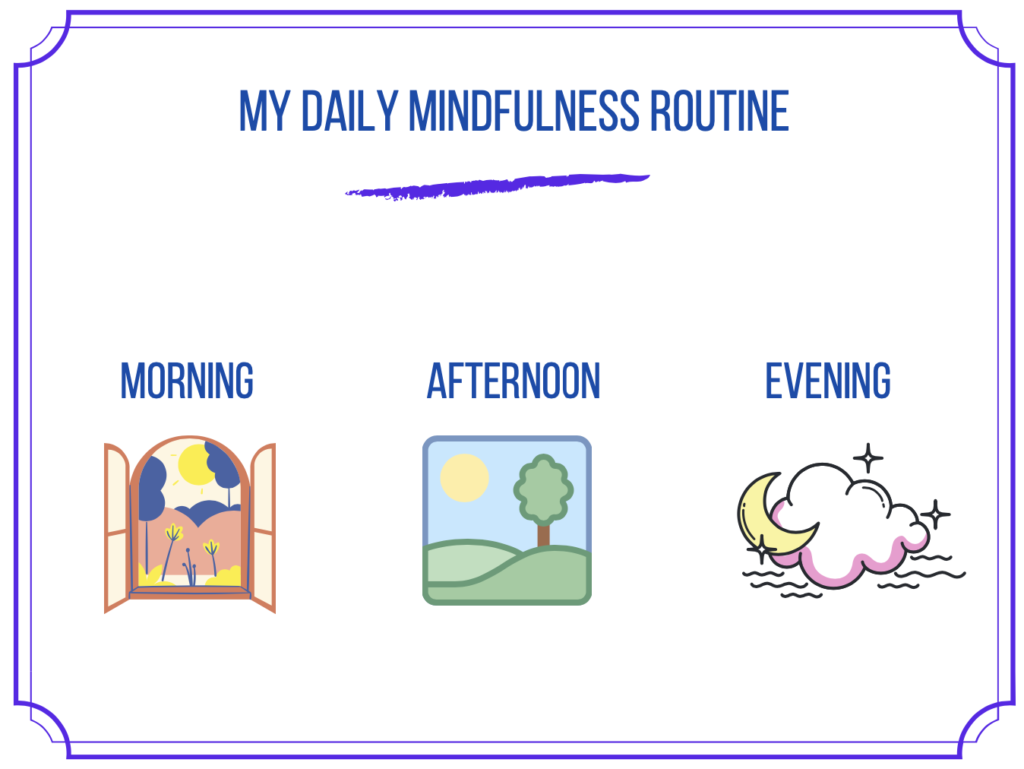
Today I would like to share some great news with you.
You are guilty.
(Not quite what you were expecting to hear, was it?)
Yes, believe it or not, accepting that we are guilty is powerful and can be the beginning of growth and change.
Determining if we are truly guilty of something can be the initial step towards resolving our offense and moving forward. Whether we have hurt someone we love, procrastinated working on our next important project or made excuses to ourselves about what we are capable of, we are guilty.
But … being guilty of something does not mean that we need to feel shame. Whereas guilt says that I have broken a law, or have done something that hurts either myself or another, shame goes deeper – much, much deeper.
In fact, the difference can be summed up in the following:
Guilt says, “I made a mistake.”
Shame says, “I AM a mistake.”
Wow, the implications between “I made” and “I am” are HUGE!
Destructive feelings of shame focus on past failures, feelings of wrongdoing, deserving punishment or that I am no good.
Constructive guilt focuses on the person I have hurt, the mistake I have made and the possibility of FUTURE CHANGE.
Yes, shame holds us hostage to a focus on the past, on ME instead of the future and what I can do differently next time. It keeps us from learning when we mess up or from being a part of healing an injured relationship.
“Shame is a soul eating emotion.”
~ C.G. Jung
Shame focuses on how bad I am while true constructive guilt focuses on the other person and what next step I must take.
In a strange way, shame is actually selfish. It’s about me and rarely leads to any meaningful change. It is kind of like confessing a sin, feeling better afterwards and then continuing to repeat the behavior.
Shame does not lead to change, only a beating up of one’s self.
Only a true acknowledgment of guilt leads to the possibility of becoming a new person.
So, the question becomes what do I do to keep from beating myself up with shame when I blow it?
Here are 3 things needed to identify and overcome destructive feelings of shame:
1) Determine If You Are Wrong
This sounds so basic, yet it is so easy to assume that we did something wrong. If we have low self esteem, we might assume that if a relationship is going poorly, then it must be my fault. Or, if I fail to follow through on a project I am working on, then it must mean that I am lazy – I am “guilty” of being a failure.
Ask yourself, am I really wrong. Did I actually blow it or am I assigning all the blame to myself when there might be many other variables involved in things not going well. It’s possible that the guilt that you feel is based on numerous ‘shoulds’ that you grew up with.
“When we played softball, I’d steal second base, feel guilty and go back.” ~ Woody Allen
Maybe you’re not a lazy person, but rather afraid of rejection if you complete your project and put it out for the world to see. There is absolutely NO room here to feel shameful. Ironically, feelings of shame will lead to a greater possibility of not finishing … leading to more shameful feelings until you give up completely.
2) Discover Where You Are Wrong
Yes, there are times that we blow it (for myself, there are many times!). The key principle is that once we become aware that we are actually guilty, then we can use this awareness to discover exactly where we went wrong.
For example, maybe you were hurt by something said to you, leading to defensiveness and then saying something hurtful back. Take time to discover your part, knowing this kind of honesty can set you free to change.
3) Decide What You Need to DO About It
In the example above, you might feel a ‘right’ to be defensive, yet need to take responsibility that you hurt the other person and apologize to them. You are guilty and can help repair the injury by taking action. Again, there is no room for shame, but rather to take charge and do something about it.
Maybe you are feeling terrible about yourself for putting off something you made a commitment to finish. Acknowledge you have blown it and then decide to take charge and get back on track without any further negative self-talk.
Make a commitment today to acknowledge when you are guilty, take steps to learn and heal and stop shaming yourself when you blow it. And remember that you are never, ever a mistake!





